
Find Help
More Items From Ergsy search
-
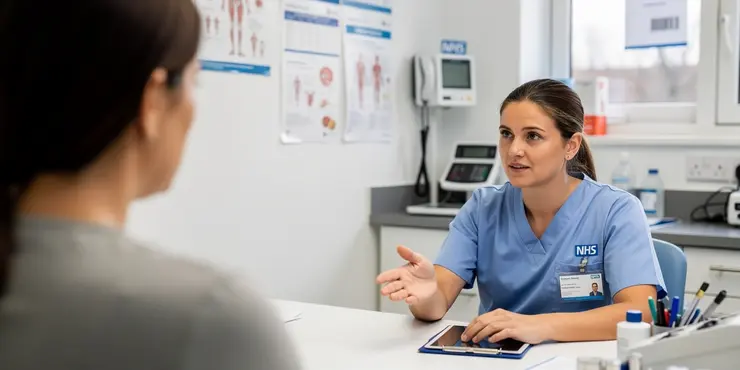
How much caffeine is generally considered safe for people with high blood pressure?
Relevance: 100%
-
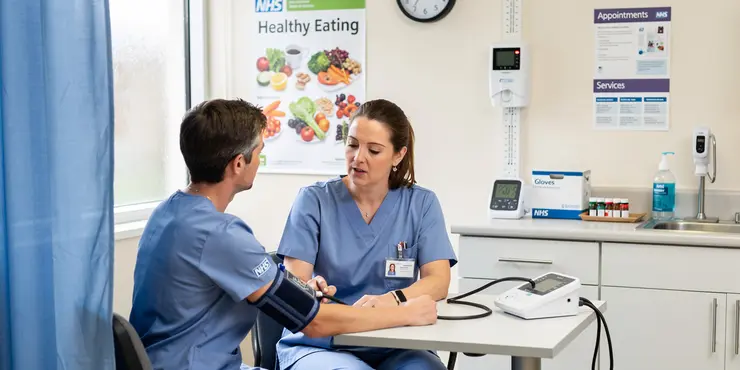
Does caffeine affect blood pressure?
Relevance: 86%
-
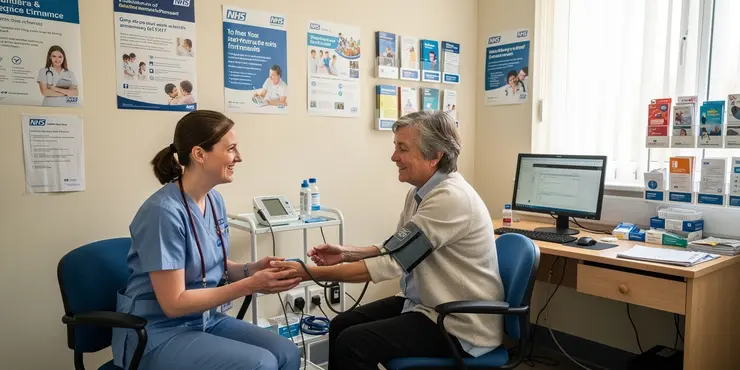
How does caffeine affect blood pressure?
Relevance: 84%
-
Are high caffeine drinks safe?
Relevance: 82%
-
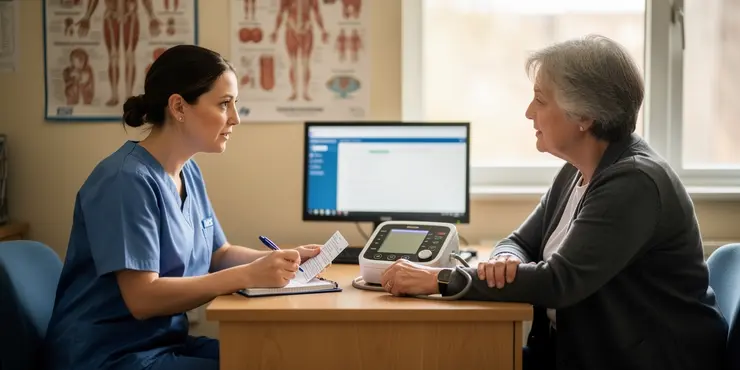
Is it safe to take blood pressure medication with coffee?
Relevance: 80%
-
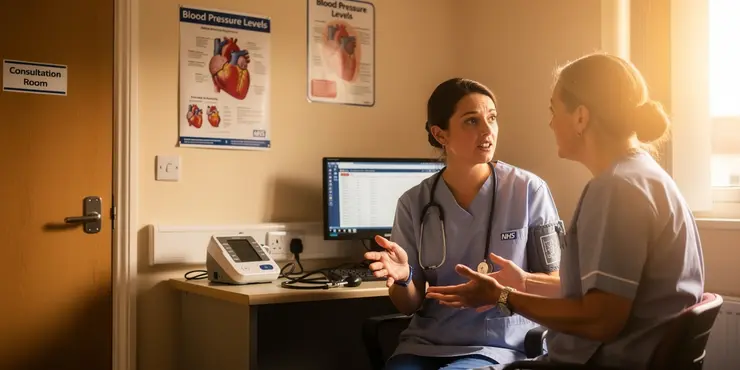
What is high blood pressure?
Relevance: 77%
-
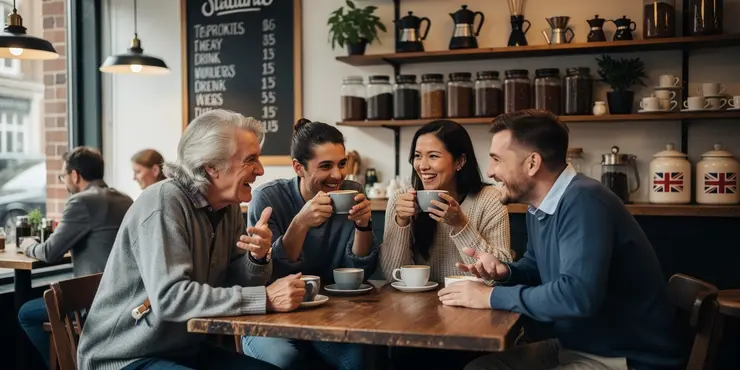
How does regular caffeine consumption impact tolerance and blood pressure?
Relevance: 76%
-
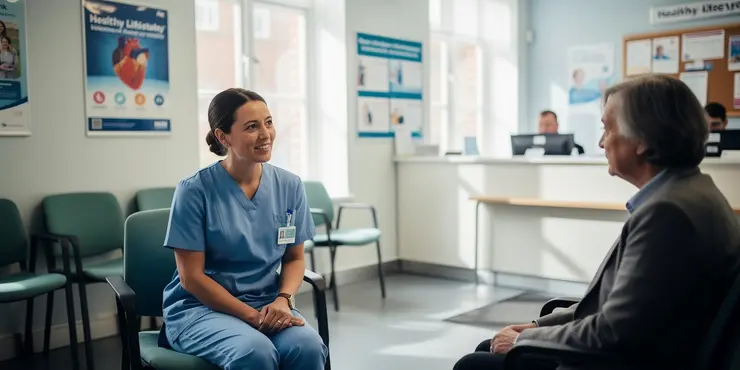
Is Your Morning Coffee a Risk Factor for High Blood Pressure?
Relevance: 75%
-
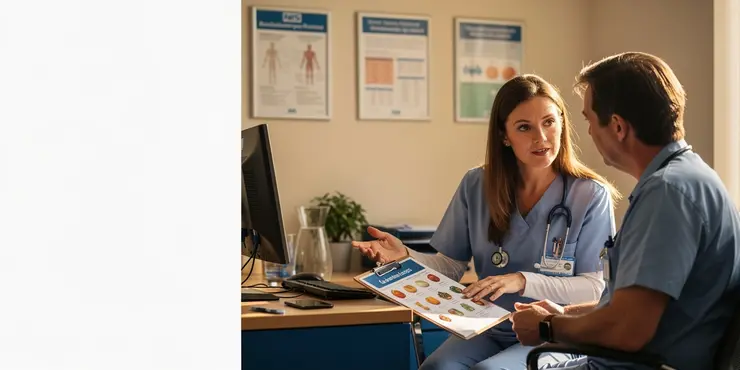
Should people with high blood pressure avoid coffee entirely?
Relevance: 75%
-
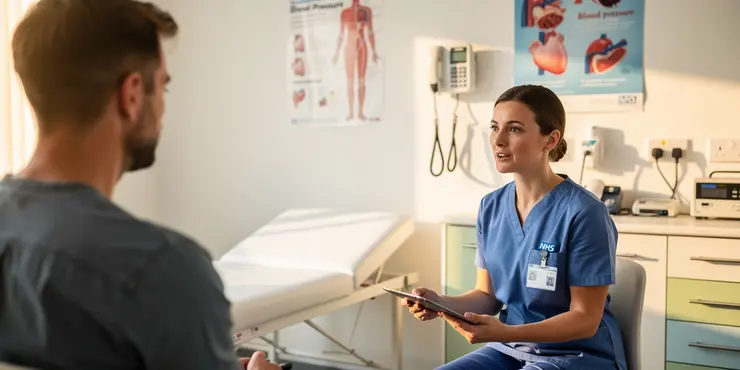
Can high blood pressure be prevented?
Relevance: 73%
-
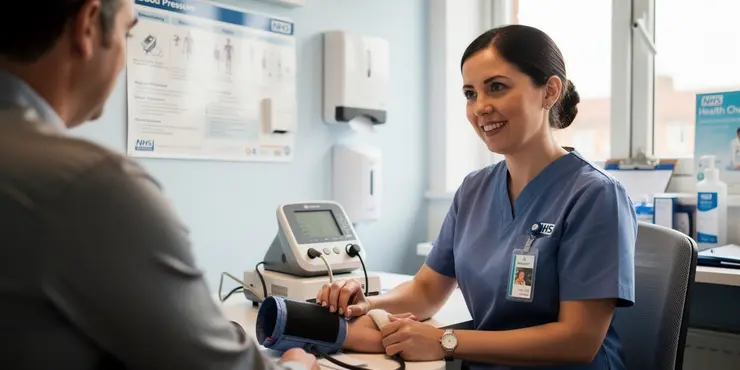
How is high blood pressure diagnosed?
Relevance: 71%
-
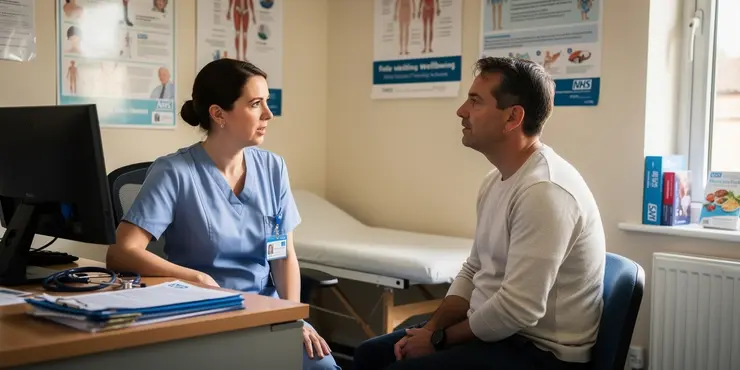
What causes high blood pressure?
Relevance: 69%
-
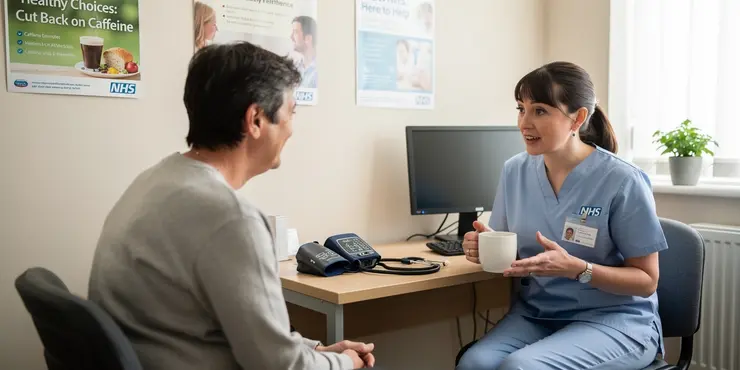
Does drinking coffee every morning increase the risk of developing high blood pressure?
Relevance: 69%
-
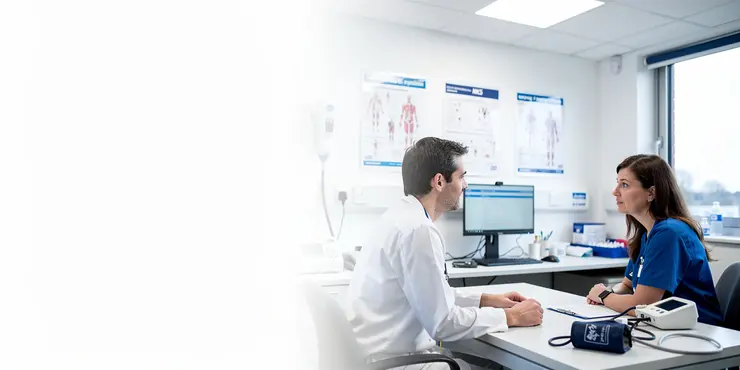
How can high blood pressure be treated?
Relevance: 69%
-
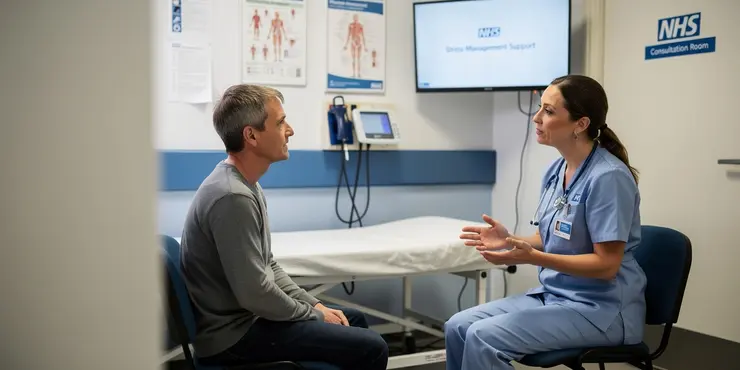
Can stress cause high blood pressure?
Relevance: 69%
-
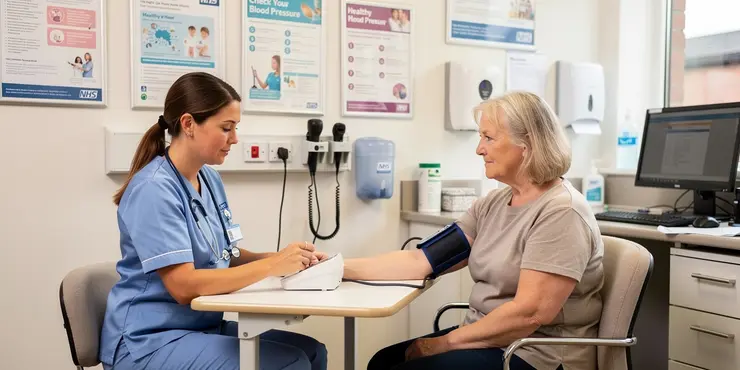
What are the risks of having high blood pressure?
Relevance: 66%
-
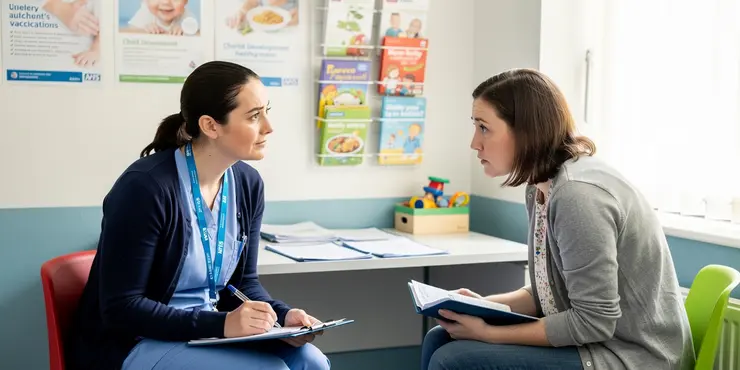
Should I test my child for high blood pressure?
Relevance: 66%
-
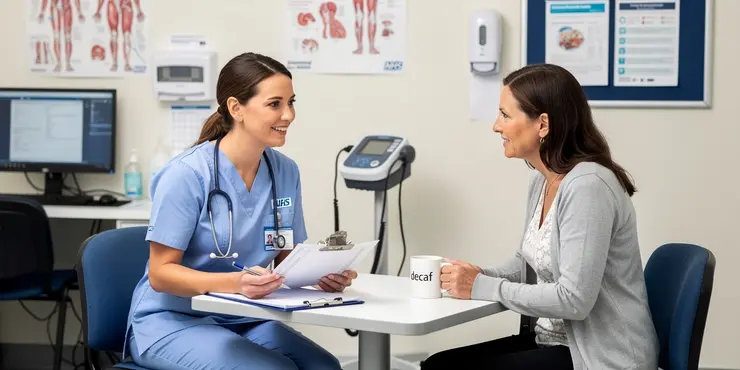
Can decaffeinated coffee affect blood pressure?
Relevance: 64%
-
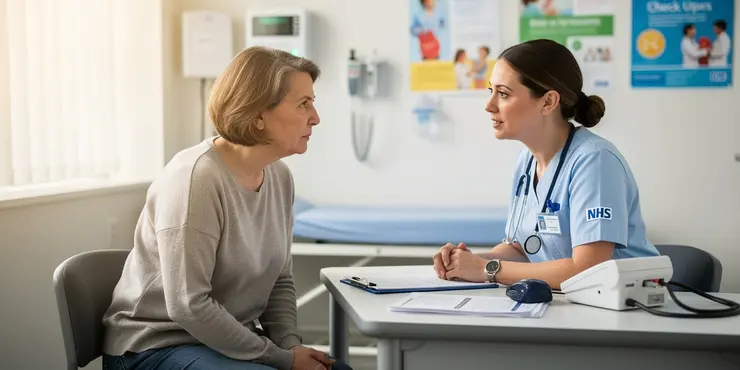
Why is high blood pressure called a 'silent killer'?
Relevance: 64%
-
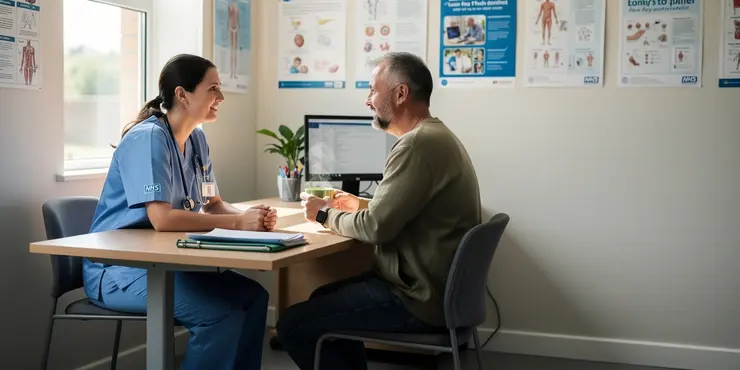
Is green tea a better alternative to coffee for blood pressure management?
Relevance: 63%
-
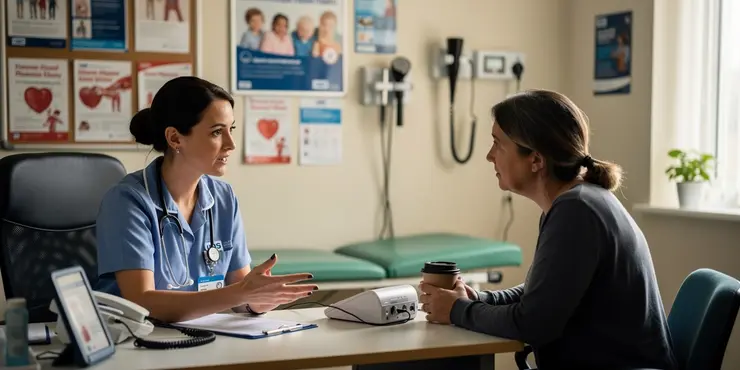
How can one minimize the impact of coffee on blood pressure?
Relevance: 62%
-
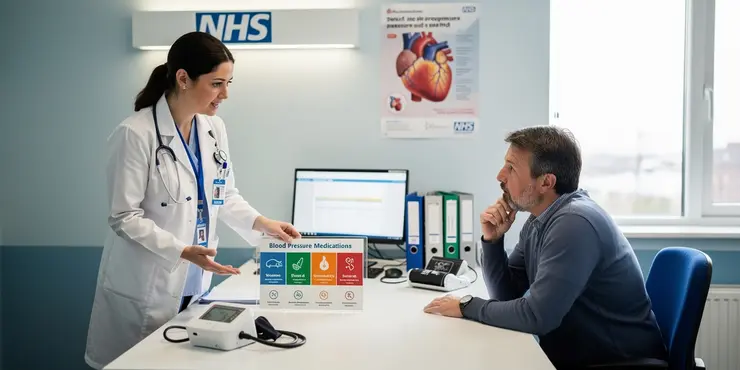
How do medications help control high blood pressure?
Relevance: 62%
-
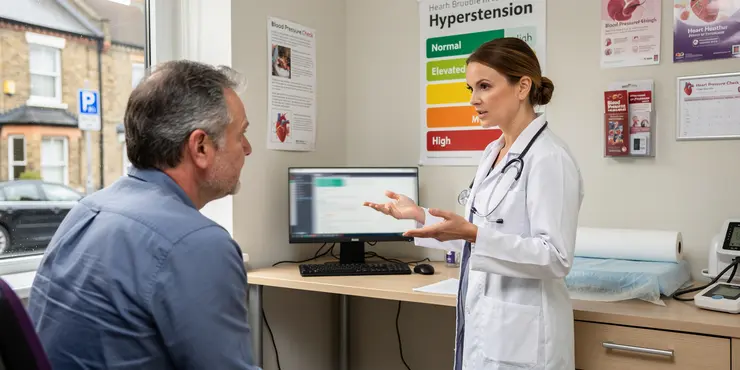
Can high blood pressure lead to other health problems?
Relevance: 62%
-
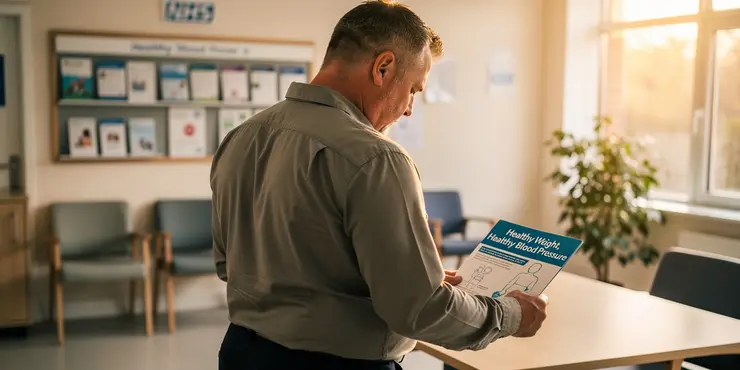
Can weight loss help reduce high blood pressure?
Relevance: 61%
-
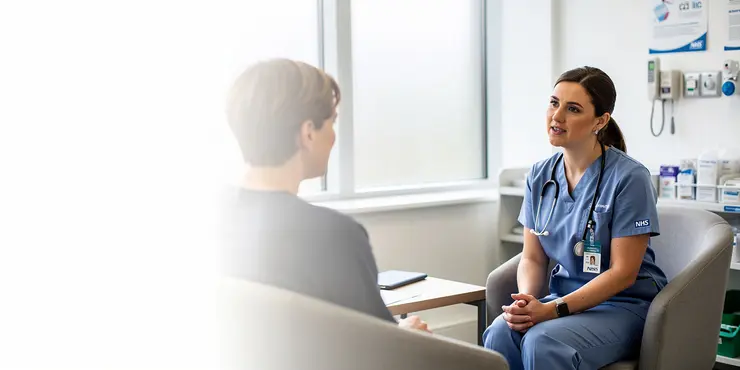
What are the symptoms of caffeine-induced high blood pressure?
Relevance: 61%
-
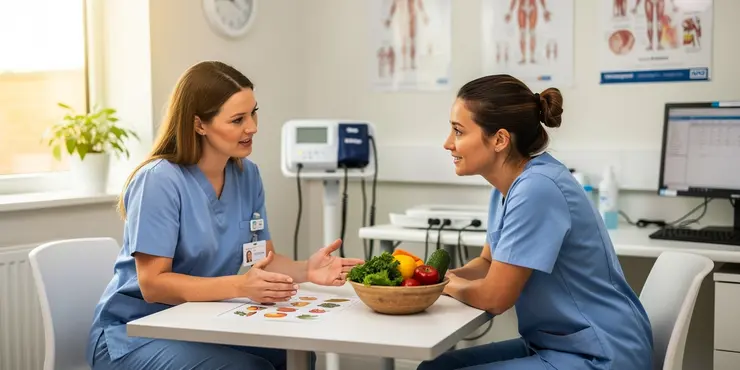
How does diet affect blood pressure?
Relevance: 60%
-
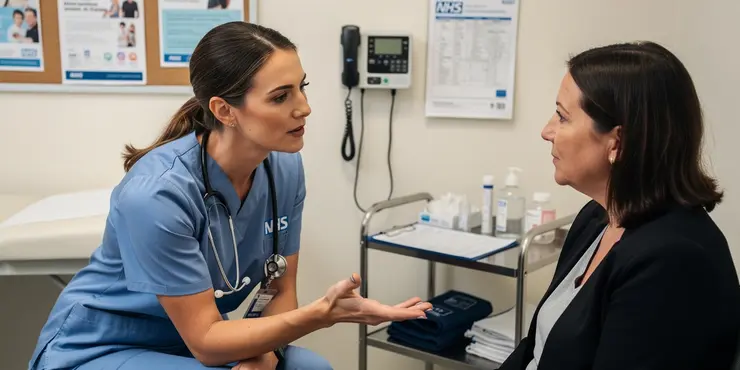
Does genetic makeup affect how coffee impacts blood pressure?
Relevance: 59%
-
What is the ideal salt intake for someone with high blood pressure?
Relevance: 59%
-
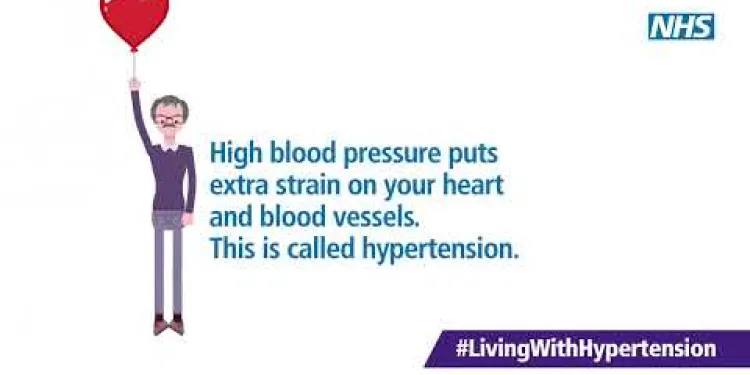
Blood pressure too high? Living with hypertension animation
Relevance: 59%
-
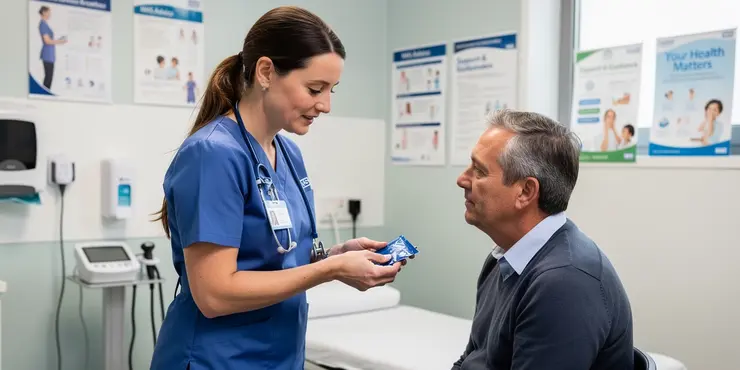
Are caffeine pouches safe?
Relevance: 58%
-
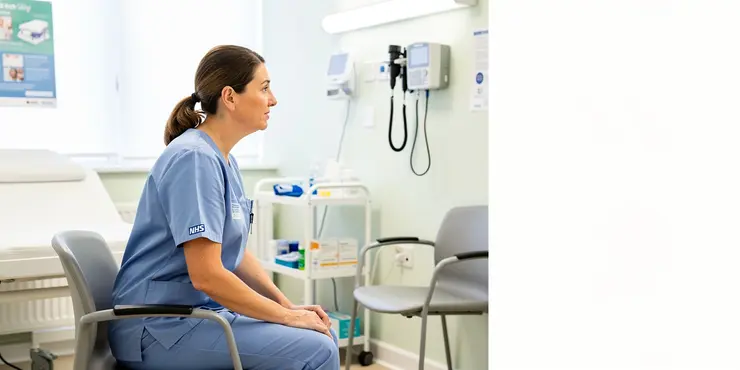
Are there any other factors in coffee that may affect blood pressure?
Relevance: 57%
-
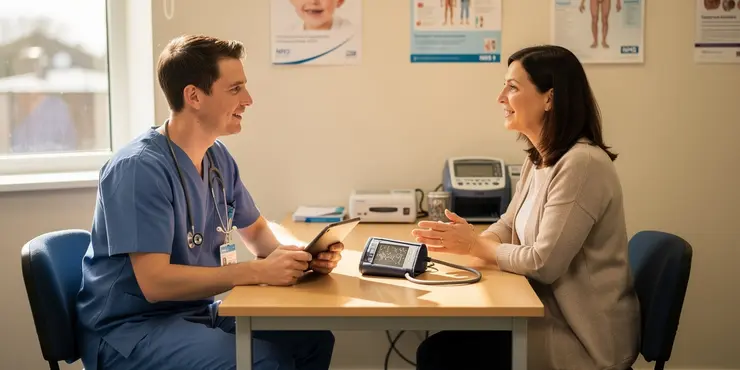
Is high blood pressure hereditary?
Relevance: 57%
-
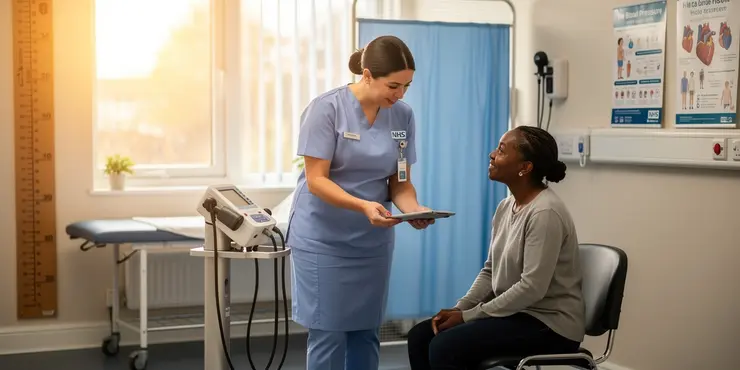
Is there a specific time of day when coffee has the most impact on blood pressure?
Relevance: 56%
-
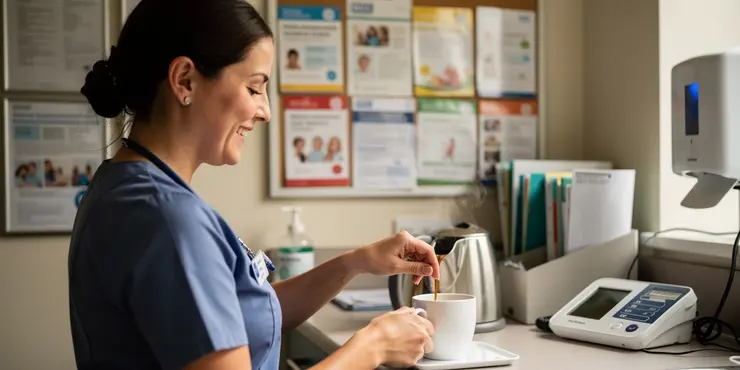
How soon after drinking coffee can blood pressure be affected?
Relevance: 55%
-
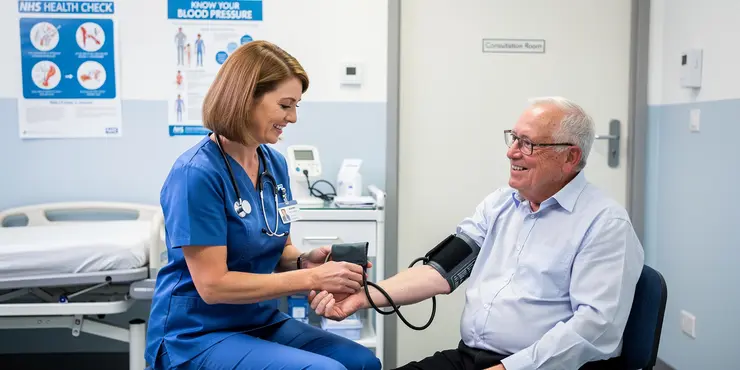
How to take someone's blood pressure
Relevance: 55%
-
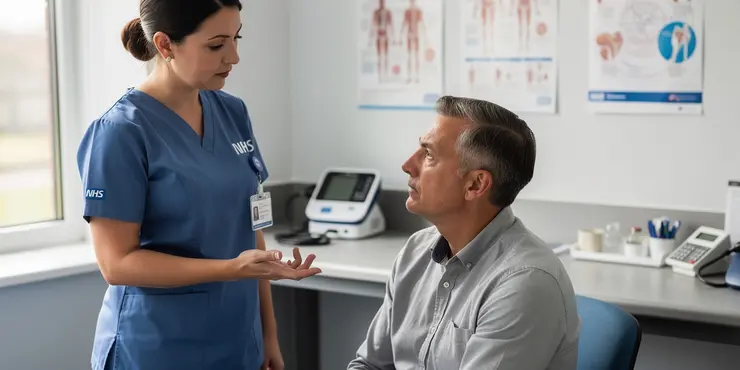
What are the symptoms of high blood pressure?
Relevance: 54%
-
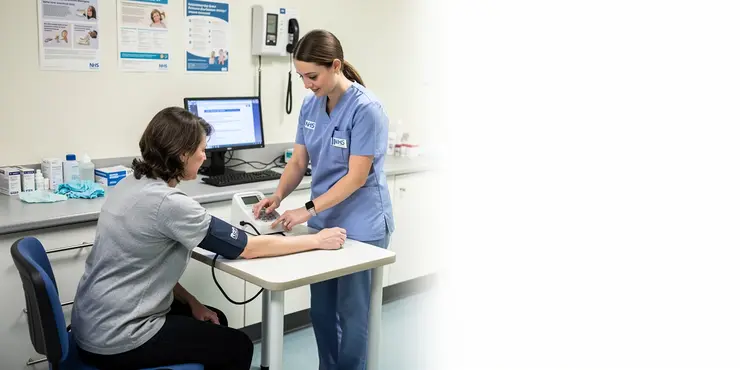
Seven Reaasons For Measuring blood pressure
Relevance: 53%
-
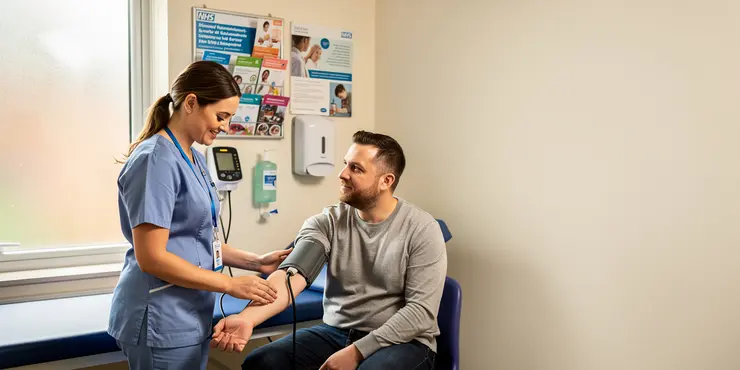
What is the link between coffee consumption and high blood pressure?
Relevance: 53%
-
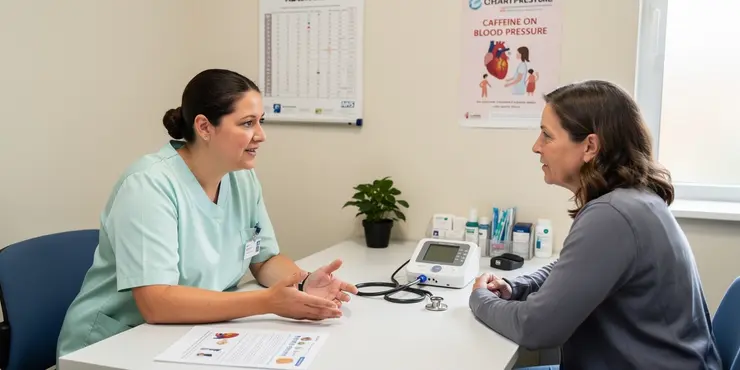
Can stress related to caffeine consumption affect blood pressure?
Relevance: 52%
-
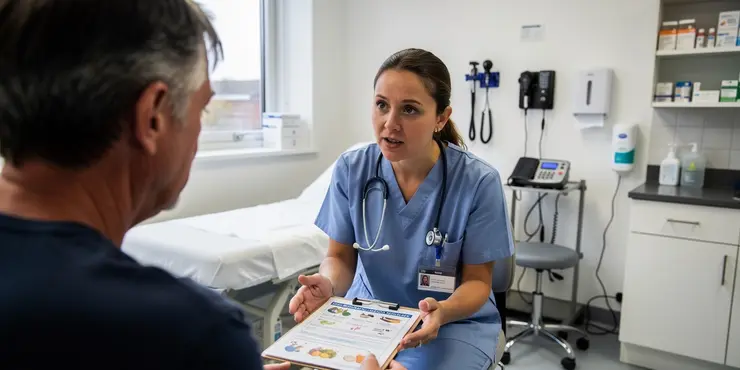
What lifestyle changes can lower blood pressure?
Relevance: 50%
Understanding Caffeine's Impact on Blood Pressure
Caffeine, a common stimulant found in coffee, tea, and many soft drinks, can temporarily cause a spike in blood pressure. This effect is particularly noticeable in people who do not regularly consume caffeine. How caffeine affects blood pressure in the long term, however, is more complex and varies from person to person. Understanding safe consumption levels is crucial for those who have high blood pressure, also known as hypertension.
Safe Caffeine Consumption Levels
For the general population, a moderate caffeine intake of about 200 to 300 milligrams per day (roughly equivalent to two to four cups of coffee) is considered safe. However, for those with high blood pressure, it is advisable to err on the side of caution. Health experts recommend those with hypertension consume no more than 200 milligrams of caffeine per day.
It's important to note that individual responses to caffeine can vary. Some people with high blood pressure may be able to consume more without adverse effects, while others may find smaller amounts problematic. Therefore, it's essential to monitor how caffeine affects your blood pressure and discuss safe consumption levels with a healthcare provider.
Monitoring Caffeine Effects
If you have high blood pressure and consume caffeine, it's a good practice to monitor your blood pressure more frequently to understand how caffeine affects you personally. If you notice significant increases in your readings following caffeine consumption, it may be wise to reduce intake or spread it more evenly throughout the day.
Consider gradually reducing your caffeine intake if required, as sudden withdrawal can lead to symptoms like headaches and irritability. Switching to decaffeinated beverages can also help in managing your caffeine consumption.
Consulting Healthcare Professionals
Ultimately, if you have concerns about caffeine and hypertension, consulting with a healthcare professional is advised. They can provide personalised guidance based on your health history and current medication, which can influence how caffeine affects your blood pressure.
Incorporating other lifestyle changes like reducing sodium intake, engaging in regular physical activity, and following a balanced diet can also help manage high blood pressure effectively, in conjunction with monitoring caffeine consumption.
Caffeine and Blood Pressure
Caffeine is in coffee, tea, and soft drinks. It can make your blood pressure go up for a short time. This happens a lot in people who do not drink caffeine often. The long-term effects of caffeine on blood pressure are different for each person. People with high blood pressure need to be careful about how much caffeine they have.
How Much Caffeine is Safe?
Most people can safely have 200 to 300 mg of caffeine each day. This is about two to four cups of coffee. But if you have high blood pressure, it is better to be careful. Experts say people with high blood pressure should have less than 200 mg of caffeine a day.
Different people react to caffeine in different ways. Some people with high blood pressure can drink more caffeine without problems. Others might have trouble even with a small amount. It is important to watch how caffeine affects you and talk to a doctor about what is safe for you.
Checking How Caffeine Affects You
If you have high blood pressure and drink caffeine, check your blood pressure often. This helps you see how caffeine affects you. If your blood pressure goes up a lot after drinking caffeine, you might need to drink less. Try spreading your caffeine throughout the day.
If you need to drink less caffeine, do it slowly. Stopping suddenly can cause headaches and make you feel irritable. Decaf drinks are a good option too.
Talk to a Doctor
If you worry about caffeine and high blood pressure, talk to a doctor. They can give you advice that is just for you. Your health history and medicines can change how caffeine affects your blood pressure.
Other things can help with high blood pressure too, like eating less salt, exercising, and eating a healthy diet. These can help alongside watching how much caffeine you drink.
Frequently Asked Questions
What is the recommended caffeine intake for individuals with high blood pressure?
Individuals with high blood pressure are generally advised to limit their caffeine intake to 200 milligrams per day, roughly equivalent to one to two 8-ounce cups of coffee.
Can caffeine cause a short-term increase in blood pressure?
Yes, caffeine can temporarily raise blood pressure, but the effect is usually short-lived and varies from person to person.
Does regular caffeine consumption have a long-term effect on blood pressure?
For most people, caffeine does not have a long-term effect on blood pressure, but those with hypertension should monitor their intake.
Is decaffeinated coffee a better option for people with high blood pressure?
Decaffeinated coffee has much less caffeine and may be a better option for those who need to limit caffeine consumption.
How does caffeine affect the body in terms of blood pressure?
Caffeine can cause an increase in heart rate and a temporary spike in blood pressure by stimulating the central nervous system.
Are some people more sensitive to caffeine's effects on blood pressure?
Yes, sensitivity to caffeine varies, and some people may experience a more pronounced increase in blood pressure after consuming caffeine.
Should individuals with high blood pressure avoid energy drinks?
Energy drinks often contain high levels of caffeine and should be consumed with caution, especially by individuals with high blood pressure.
What role does caffeine play in blood pressure management?
Caffeine should be consumed in moderation by those with hypertension to prevent potential blood pressure spikes.
Can cutting back on caffeine lower blood pressure?
Reducing caffeine intake may help lower blood pressure in some individuals, particularly those who are sensitive to caffeine.
Is it safe to drink caffeinated tea if I have high blood pressure?
Caffeinated tea contains less caffeine than coffee, but it's best to limit overall caffeine intake if you have high blood pressure.
Are there any alternatives to caffeine for improving alertness?
Alternatives to caffeine include getting adequate sleep, staying hydrated, and engaging in physical activity to boost energy levels.
How quickly does caffeine affect blood pressure?
Caffeine's effects on blood pressure can occur within 30 minutes of consumption and may last for several hours.
Can caffeine interfere with blood pressure medications?
Caffeine may potentially interfere with some blood pressure medications, so it's best to consult a healthcare provider.
What sources of caffeine should people with high blood pressure monitor?
Sources of caffeine include coffee, tea, sodas, energy drinks, and some medications that should be monitored.
How can one determine their sensitivity to caffeine's effects on blood pressure?
Monitoring blood pressure before and after caffeine consumption can help determine individual sensitivity.
Is there a difference in caffeine sensitivity between men and women?
Caffeine sensitivity can vary between individuals, regardless of gender, and may depend on genetic factors and habitual use.
Do older adults with high blood pressure need to be more cautious with caffeine?
Older adults may be more sensitive to caffeine, and should therefore be cautious with their intake if they have high blood pressure.
How can lifestyle changes impact caffeine sensitivity and blood pressure?
Healthy lifestyle changes like diet, exercise, and stress management can improve blood pressure and possibly reduce caffeine sensitivity.
Can stress combined with caffeine worsen high blood pressure?
Stress and caffeine can both increase blood pressure temporarily, so managing stress is important for individuals with hypertension.
Is it safe to consume caffeine before exercising if I have high blood pressure?
Some people with high blood pressure may experience increased effects from caffeine during exercise, so it's best to consult a healthcare provider.
How much caffeine is safe for people with high blood pressure?
Caffeine is in drinks like coffee and tea. People with high blood pressure should be careful with caffeine.
Drinking too much caffeine can make blood pressure go higher. It is good to ask a doctor how much is safe for you.
Some people use apps or write in a diary to track how much caffeine they have.
People with high blood pressure should drink less coffee. Try to have only one or two small cups of coffee each day. This is about the same as 200 milligrams of caffeine.
Does caffeine make blood pressure go up for a short time?
Yes, drinking caffeine can make your blood pressure go up for a little while. This doesn't last long and is different for each person.
Does drinking caffeine often change blood pressure over time?
For most people, caffeine doesn't change their blood pressure for a long time. But people with high blood pressure should check how much caffeine they drink.
Is decaf coffee better for people with high blood pressure?
When you drink decaf coffee, it has less caffeine. This can be good for people with high blood pressure.
If you have high blood pressure, talk to your doctor about drinking decaf coffee.
Some people use tools like apps or timers to remember to check their blood pressure.
Decaf coffee has very little caffeine. It might be a better choice if you need to drink less caffeine.
What does caffeine do to blood pressure in your body?
Caffeine is found in coffee, tea, and some sodas. It can make your heart beat faster.
This can make your blood pressure go up for a little while.
If you have questions, talk to a doctor.
You can use a blood pressure monitor to see how caffeine affects you.
Caffeine can make your heart beat faster. It can also make your blood pressure go up for a little while. This happens because caffeine wakes up your body.
Can some people feel caffeine more in their blood pressure?
Some people can feel caffeine more in their blood. This might make their blood pressure go up.
If you think caffeine affects you:
- Talk to a doctor or nurse.
- Use apps or tools to track what you eat and drink.
It is good to listen to your body and see how it feels after caffeine.
Yes, some people are more sensitive to caffeine. This means their blood pressure might go up more when they have caffeine.
Can people with high blood pressure drink energy drinks?
Some people have something called high blood pressure. This means their blood moves through their body with too much force.
Energy drinks have a lot of caffeine and sugar. These can make blood pressure go even higher.
If you have high blood pressure, it's a good idea to talk to a doctor before drinking energy drinks.
It's important to stay healthy and safe!
Here are some helpful tips:
- Ask a doctor: Check with a doctor if energy drinks are okay for you.
- Read the label: Look at what's in the drink before you have it.
- Try other drinks: Think about drinking water or fruit juice instead.
Energy drinks have a lot of caffeine. Be careful if you drink them, especially if you have high blood pressure.
How does caffeine affect blood pressure?
Caffeine is in drinks like coffee, tea, and soda. It can make your heart beat faster.
When the heart beats faster, blood can pump harder in the body. This might make blood pressure go up.
Some people are more sensitive to caffeine than others. They might notice changes in their blood pressure more.
If you want to learn more about blood pressure and caffeine, you can:
- Talk to a doctor or nurse.
- Use apps or tools that explain health in simple words.
- Watch videos that show how caffeine and blood pressure are connected.
People with high blood pressure should not drink too much caffeine. It can make their blood pressure go up.
Does drinking less caffeine help lower blood pressure?
Drinking less caffeine might help lower blood pressure for some people, especially if they are sensitive to caffeine.
Can I drink tea with caffeine if I have high blood pressure?
If you have high blood pressure, it is important to be careful about what you drink. Tea with caffeine can make your heart beat faster.
Here are some tips to help you:
- Ask your doctor if it is okay to drink tea with caffeine.
- Try to drink tea without caffeine, like herbal tea.
- Use a small cup if you drink tea with caffeine.
- Drink a lot of water to stay healthy.
Stay safe and take care of your health!
Tea has less caffeine than coffee. But if you have high blood pressure, try to drink less caffeine.
What can help you feel more awake instead of caffeine?
There are different ways to feel awake without using caffeine. Here are some ideas:
- Sleep Well: Make sure you get enough sleep each night.
- Exercise: Moving your body helps you feel more awake.
- Drink Water: Sometimes drinking water can help you feel more alert.
- Take Breaks: Short breaks can help you feel more focused.
- Eat Healthy Snacks: Fruits and nuts give you energy.
You can try using reminders or alarms on your phone to help you remember to follow these tips.
Instead of drinking caffeine, you can do other things to have more energy. Try to get enough sleep each night. Drink plenty of water. Moving your body, like walking or playing, can also help you feel more awake and full of energy.
How fast does caffeine change blood pressure?
Caffeine can change how your blood pressure is in your body. This can start 30 minutes after you drink or eat it. The effect can last for a few hours.
Does caffeine affect blood pressure medicine?
Caffeine can sometimes affect how blood pressure medicine works. It's a good idea to talk to a doctor or nurse about it.
What drinks and foods with caffeine should people with high blood pressure watch out for?
If you have high blood pressure, it’s important to be careful with how much caffeine you have. Caffeine can be found in drinks and foods. Here is what to look for:
- Coffee: Coffee has a lot of caffeine. Try to drink less coffee if you have high blood pressure.
- Tea: Tea also has caffeine but usually less than coffee. Still, it’s good to be careful.
- Soda: Some sodas, like cola, have caffeine. Check the label.
- Energy drinks: These often have a lot of caffeine. It is best to avoid them.
- Chocolate: Chocolate has little caffeine, but it can add up if you eat a lot.
Tools that can help:
- Food labels: Check labels on drinks and foods for caffeine content.
- Apps: Use a phone app to track how much caffeine you have each day.
- Ask for help: A friend or doctor can help you make a plan to drink less caffeine.
Caffeine is in drinks like coffee, tea, fizzy drinks, and energy drinks. It is also in some medicines. It's good to keep an eye on how much you have.
How can you find out if caffeine makes your blood pressure go up?
Check your blood pressure before and after you have caffeine. This can help you see how caffeine affects you.
Do men and women react differently to caffeine?
When we talk about caffeine, we mean what is in coffee, tea, and some sodas. It can make us feel awake. But it might affect boys and girls in different ways. Let's see if that's true!
Here are some things that might help you understand more:
- Use pictures or drawings. They can help show how caffeine works.
- Talk to someone about it. A friend or a teacher can explain things better.
- Watch a video about caffeine. Videos can make learning fun and easier!
Some people feel the effects of caffeine more than others. This is not just about being a boy or a girl. It can depend on your genes and how often you drink things with caffeine, like coffee or soda.
Should older people with high blood pressure be careful with caffeine?
If you are an older person and have high blood pressure, you might need to be careful with drinks like coffee. Coffee has caffeine, which can sometimes make blood pressure go up.
Here are some tips to help you:
- Talk to your doctor about how much coffee you can drink.
- Read labels to see if drinks or foods have caffeine.
- Try decaf coffee or herbal tea instead.
- Keep track of how much caffeine you have each day.
Older people might feel more effects from caffeine. They should be careful with how much they have, especially if their blood pressure is high.
How can changing how you live affect how your body handles caffeine and your blood pressure?
Making changes in your daily life can change how caffeine affects you and your blood pressure.
Here is what you can do:
- Eat healthy food.
- Exercise regularly.
- Sleep well at night.
- Drink less caffeinated drinks like coffee or cola.
Tools that can help:
- Use a journal to track how you feel after drinking caffeine.
- Ask a doctor if you have questions about caffeine and blood pressure.
Eating good food, moving your body, and staying calm can help lower blood pressure. These things might also help you feel less jittery after drinking caffeine.
Can stress and caffeine make high blood pressure worse?
Stress and caffeine might make your blood pressure go higher. Blood pressure is the force of your blood pushing against your blood vessels. If it is too high, it is not good for your health.
Here are some ways to help:
- Try deep breathing to relax.
- Drink less coffee or tea.
- Take breaks if you feel stressed.
- Talk to someone if you feel worried.
Feeling stressed or drinking things with caffeine, like coffee, can make your blood pressure go up for a little while. If your blood pressure is high, it's important to try to stay calm. You can use things like deep breathing or listening to relaxing music to help you feel better.
Can I drink caffeine before exercising if my blood pressure is high?
Caffeine is in coffee, tea, and some drinks. It can make you feel awake.
If you have high blood pressure, ask a doctor before drinking caffeine.
Some people with high blood pressure need to be careful with caffeine.
A doctor can tell you what's best.
Some people have high blood pressure, which means their heart works harder. Caffeine, found in things like coffee and tea, can make this problem worse when they exercise. It's a good idea to talk to a doctor before doing exercise or drinking caffeine.
Useful Links
This website offers general information and is not a substitute for professional advice.
Always seek guidance from qualified professionals.
If you have any medical concerns or need urgent help, contact a healthcare professional or emergency services immediately.
Some of this content was generated with AI assistance. We’ve done our best to keep it accurate, helpful, and human-friendly.
- Ergsy carfully checks the information in the videos we provide here.
- Videos shown by Youtube after a video has completed, have NOT been reviewed by ERGSY.
- To view, click the arrow in centre of video.
- Most of the videos you find here will have subtitles and/or closed captions available.
- You may need to turn these on, and choose your preferred language.
- Go to the video you'd like to watch.
- If closed captions (CC) are available, settings will be visible on the bottom right of the video player.
- To turn on Captions, click settings .
- To turn off Captions, click settings again.
More Items From Ergsy search
-

How much caffeine is generally considered safe for people with high blood pressure?
Relevance: 100%
-

Does caffeine affect blood pressure?
Relevance: 86%
-

How does caffeine affect blood pressure?
Relevance: 84%
-
Are high caffeine drinks safe?
Relevance: 82%
-

Is it safe to take blood pressure medication with coffee?
Relevance: 80%
-

What is high blood pressure?
Relevance: 77%
-

How does regular caffeine consumption impact tolerance and blood pressure?
Relevance: 76%
-

Is Your Morning Coffee a Risk Factor for High Blood Pressure?
Relevance: 75%
-

Should people with high blood pressure avoid coffee entirely?
Relevance: 75%
-

Can high blood pressure be prevented?
Relevance: 73%
-

How is high blood pressure diagnosed?
Relevance: 71%
-

What causes high blood pressure?
Relevance: 69%
-

Does drinking coffee every morning increase the risk of developing high blood pressure?
Relevance: 69%
-

How can high blood pressure be treated?
Relevance: 69%
-

Can stress cause high blood pressure?
Relevance: 69%
-

What are the risks of having high blood pressure?
Relevance: 66%
-

Should I test my child for high blood pressure?
Relevance: 66%
-

Can decaffeinated coffee affect blood pressure?
Relevance: 64%
-

Why is high blood pressure called a 'silent killer'?
Relevance: 64%
-

Is green tea a better alternative to coffee for blood pressure management?
Relevance: 63%
-

How can one minimize the impact of coffee on blood pressure?
Relevance: 62%
-

How do medications help control high blood pressure?
Relevance: 62%
-

Can high blood pressure lead to other health problems?
Relevance: 62%
-

Can weight loss help reduce high blood pressure?
Relevance: 61%
-

What are the symptoms of caffeine-induced high blood pressure?
Relevance: 61%
-

How does diet affect blood pressure?
Relevance: 60%
-

Does genetic makeup affect how coffee impacts blood pressure?
Relevance: 59%
-
What is the ideal salt intake for someone with high blood pressure?
Relevance: 59%
-

Blood pressure too high? Living with hypertension animation
Relevance: 59%
-

Are caffeine pouches safe?
Relevance: 58%
-

Are there any other factors in coffee that may affect blood pressure?
Relevance: 57%
-

Is high blood pressure hereditary?
Relevance: 57%
-

Is there a specific time of day when coffee has the most impact on blood pressure?
Relevance: 56%
-

How soon after drinking coffee can blood pressure be affected?
Relevance: 55%
-

How to take someone's blood pressure
Relevance: 55%
-

What are the symptoms of high blood pressure?
Relevance: 54%
-

Seven Reaasons For Measuring blood pressure
Relevance: 53%
-

What is the link between coffee consumption and high blood pressure?
Relevance: 53%
-

Can stress related to caffeine consumption affect blood pressure?
Relevance: 52%
-

What lifestyle changes can lower blood pressure?
Relevance: 50%


